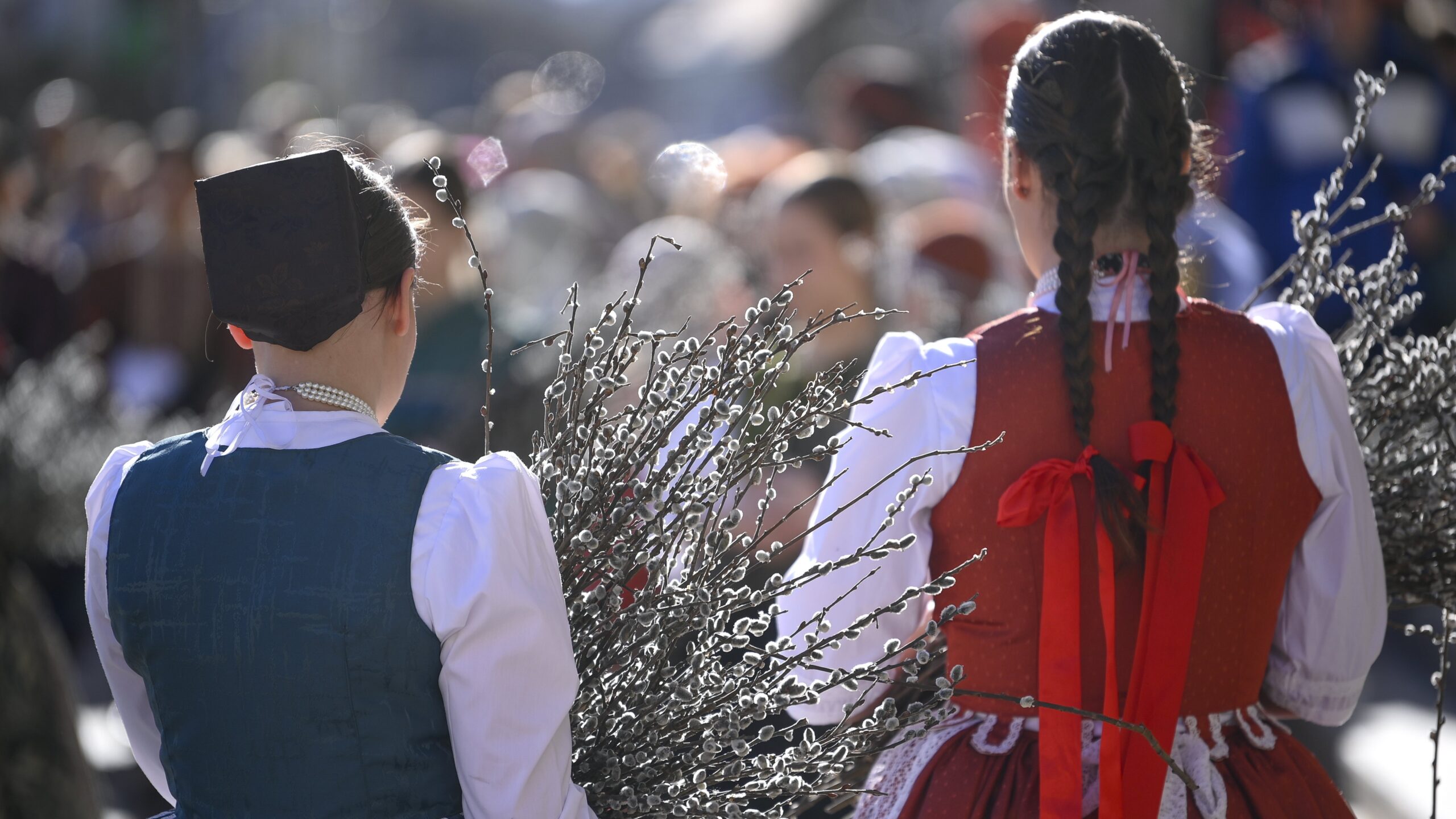The forty-day period of Lent, which serves as a time of preparation for Easter, begins this Wednesday. A communiqué from the Hungarian Catholic Bishops’ Conference explains that Christians enter this penitential season with the aim of deepening their faith and readying themselves for the celebration of Jesus Christ’s resurrection through acts of reconciliation and voluntary renunciation.
The Bishops’ Conference underlined that the act of abstaining from meat, while often associated with Lent, does not in itself constitute the entirety of Lenten sacrifice. Historically, meat was considered a rare delicacy in ancient and medieval times, reserved for special occasions, making its omission a powerful expression of mourning and self-discipline.
In contemporary times, the faithful are encouraged to reflect on what habits, comforts or customs they typically hold dear and to consider renouncing them as a sign of humility before God. The idea is to seek deeper spiritual significance in sacrifice beyond the simple abstinence from specific foods.
Lent became a widespread practice in the Christian world by the fourth century. The Church does not regard Sundays as days of fasting, as these are dedicated to the commemoration of Christ’s resurrection. Since the seventh century, Lent has begun on a Wednesday—known as Ash Wednesday—and extends to Easter Sunday, thus preserving the traditional forty-day count.
In earlier centuries, fasting regulations were far stricter. Until the 11th century, it was customary to refrain from any food until late afternoon on fasting days, with total abstention from meat, dairy products and eggs.
Although the Church has since moderated these strictures, it still prescribes rigorous fasting on Ash Wednesday and Good Friday. On these days, Catholics between the ages of 18 and 60 are asked to limit themselves to one full meal and may consume food on two additional occasions without becoming fully satiated. In Hungary, this practice is observed in the form of three permitted meals, with only one being substantial. Furthermore, on these days and the Fridays throughout Lent, the Church asks its members over the age of 14 to abstain from consuming meat.
The statement also notes that for members of the Greek Catholic Church, Lent commences even earlier, beginning on the Monday prior to Ash Wednesday.
Through these customs, the period of Lent remains a significant and solemn time for Christians, offering an opportunity not only for spiritual reflection and renewal but also for concrete acts of self-discipline as they prepare for the Easter celebration.
Related articles:








